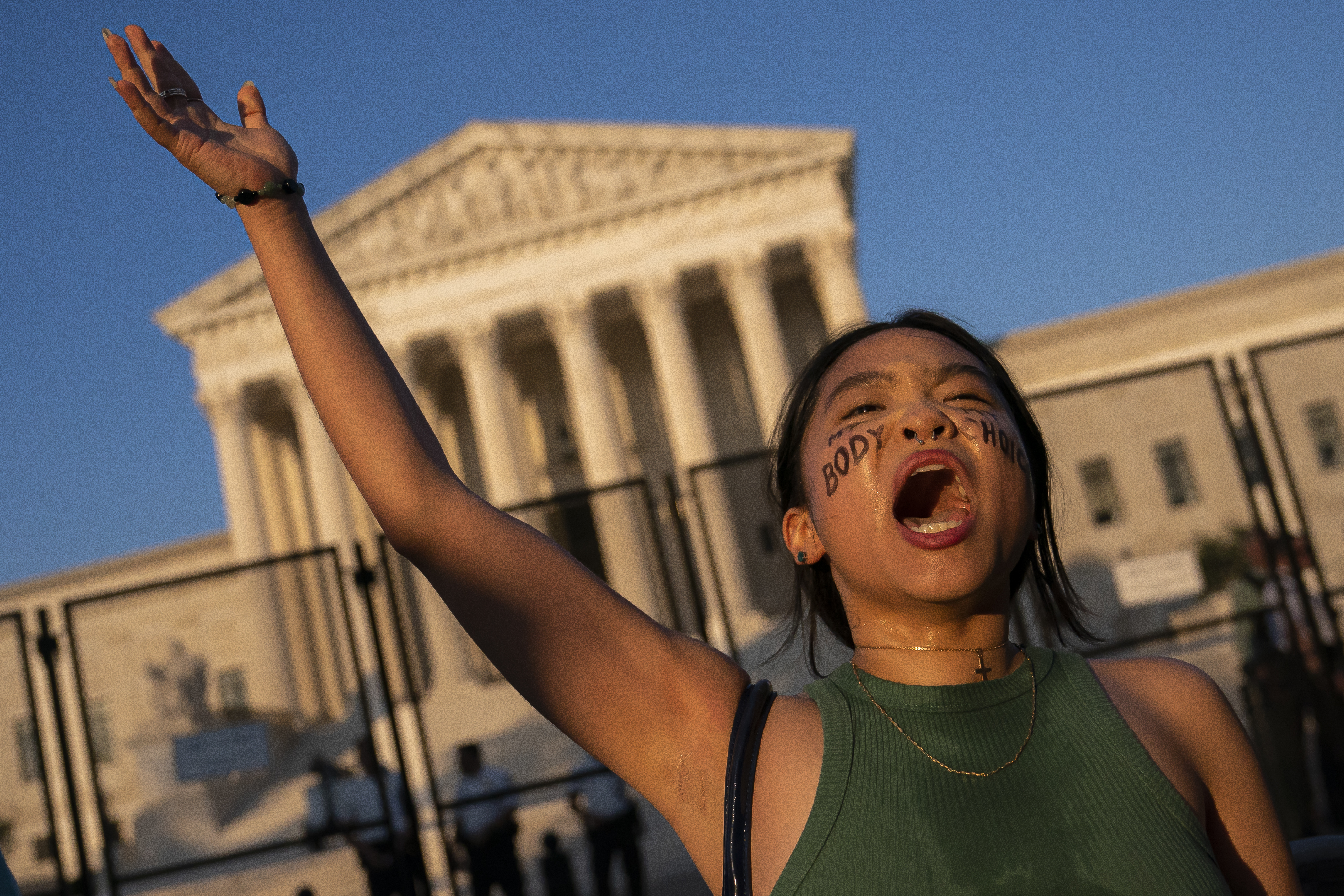Roe v. Wade decision and abortion rights news

[ad_1]

This week, the US Supreme Court delivered its most controversial decision in at least a decade. The ruling to overturn the landmark Roe v. Wade decision that established a constitutional right to an abortion may have major electoral consequences in this year’s midterm elections.
I covered the political impact in part in a prior column. But the court’s actions in this case may do something more than just affect the elections this year.
The Supreme Court’s own reputation is at stake, and the decision to get rid of Roe v. Wade and to upset the status quo comes at a very sensitive time for the justices in a different court: the one of public opinion.
And that’s where we’ll start our look at the news of the week through numbers.
The Supreme Court is historically unpopular
The Supreme Court is not elected by the voters. A lot of people agree, though, that it’s important that the court maintains its legitimacy in the eyes of the public. After all, the court relies on others to enforce its own rulings.
The high court’s legitimacy in the public’s mind was already at very low levels, and that was before the overturning of Roe — something most Americans didn’t want.
Forty-one percent of voters approved of the job the Supreme Court was doing, according to a May Quinnipiac University poll. The majority (52%) disapproved. That was the highest disapproval rating recorded by Quinnipiac since it started asking about the court’s approval back in 2004.
The court’s standing is a reversal from where things were two years ago when 52% of voters approved and 37% disapproved in Quinnipiac polling.
Quinnipiac isn’t the only pollster to show a major degradation in the court’s standing. The percentage of Americans (25%) who have great or quite a lot of confidence in the court is at the lowest level ever recorded by Gallup since 1973.
The slide can primarily be attributed to Democrats. Today, 78% of Democrats disapprove of the job the court is doing, according to Quinnipiac. In 2020, just 43% did. Republican disapproval of the court has declined from 38% two years ago to 28% now.
The reason the public and Democrats have turned against the Supreme Court is pretty clear: It’s been seen as increasingly political and issuing decisions that aren’t popular.
The aforementioned Quinnipiac poll showed that a mere 34% of voters believed the court is mainly motivated by the law. Most (62%) felt that the Supreme Court is mainly motivated by politics. Four years ago, the split was far more even, with 50% believing the court was mainly motivated by politics and 42% saying it was mainly motivated by the law.
Again, this trend is driven by Democrats. Eighty-six percent of them told Quinnipiac the court is mainly motivated by politics. That’s up from 60% in 2018. Republicans who said the same had barely changed, from 46% in 2018 to 42% now.
It would be one thing if the court was seen as activist and making popular rulings. It’s not. Both the Gallup and Quinnipiac polls were taken after word leaked in May that the court was on the precipice of overturning Roe.
Americans agreed with the 1973 Roe ruling. A May NBC News poll found that 63% of them didn’t want Roe overturned. Indeed, every poll I know of has shown a clear majority of Americans in favor of Roe.
Read more.
[ad_2]
Source link
